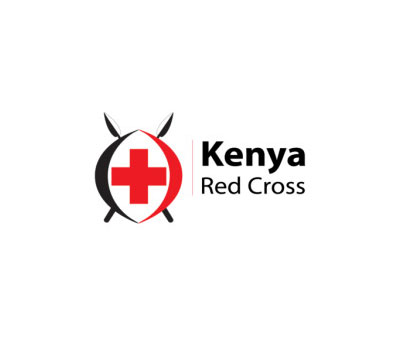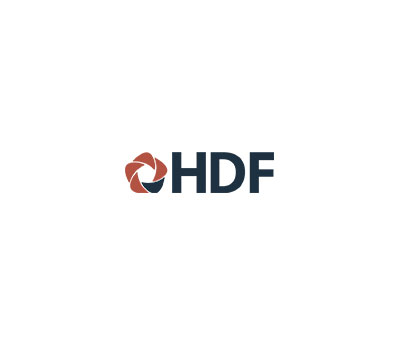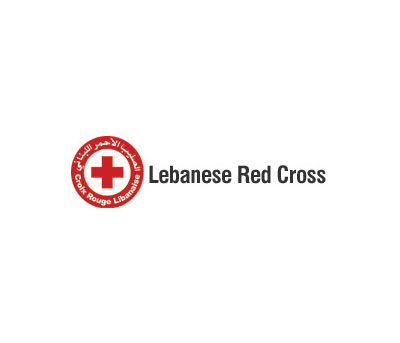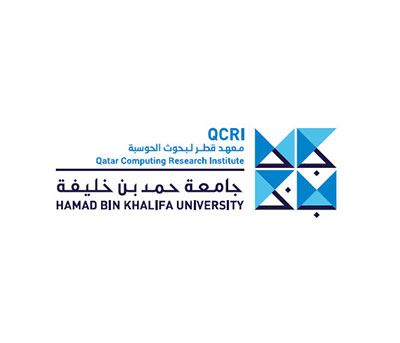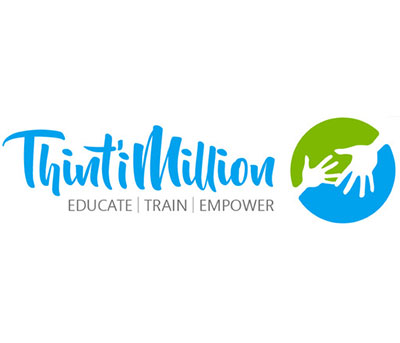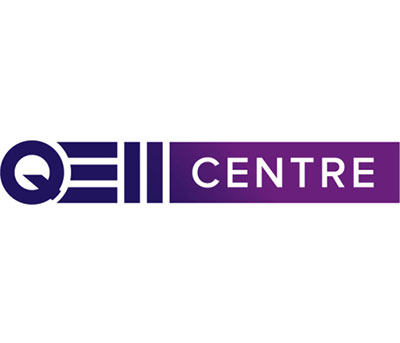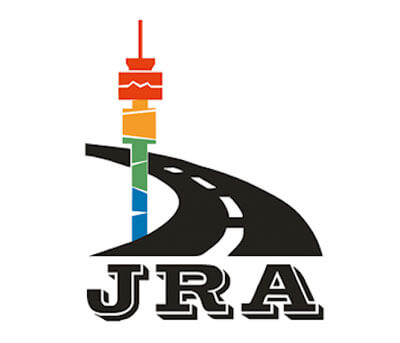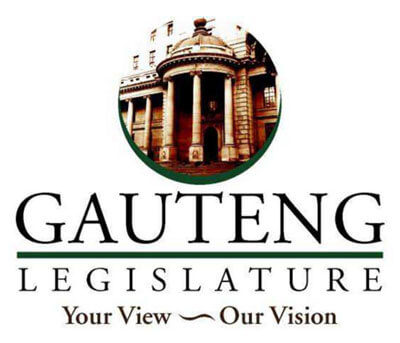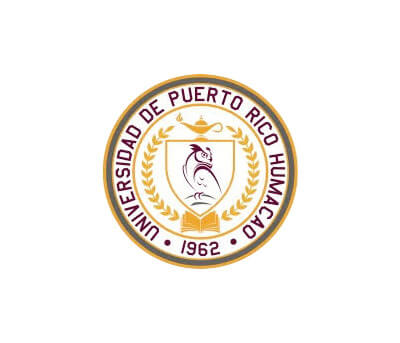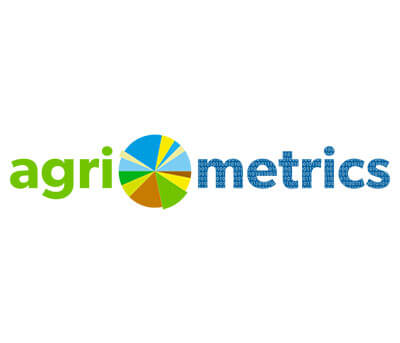DOWNLOAD OUR WHITEPAPER: Azure for Secure Worldwide
PUBLIC SECTOR CLOUD ADOPTION
DOWNLOAD OUR LATEST WHITEPAPER
REGULATORY OVERVIEW
The Government of Rwanda considers ICT central to driving Rwanda towards a knowledge-based economy.1 In fact, Rwanda’s budget allocation to ICT - as a percentage of its GDP - is on a par with that of many Organization for Economic Co-operation and Development (OECD) countries.2 Rwanda's growth in ICT continues to be one of the fastest on the continent. This has created several opportunities for businesses and the future is promising. E-commerce, e-services, mobile services and applications development are some of the ICT focus areas that have sprung up of late. These are creating wealth and jobs for the youth especially.3
Rwanda’s Ministry of Information Technology & Communications and Innovation is tasked to "address national priorities for economic growth and poverty reduction through the development and coordination of national policies related to Information & Communication Technology".4
The Ministry of ITC has a Vision: to accelerate socio-economic development, improve productivity of the private sector and develop the growth of ICT; to foster ICT development and diffusion in the Rwandan Society and Economy. The guiding principles that will help the ICT vision be attained are crystallized in the "SPREAD" acronym. (S) for: Services; Solutions; Systems; (P) for: Private Sector–led; Partnerships; People-Centric; (R) for: Reliable; Rural; Regional Hub (E) for: Enabler; Employment Generation; Entrepreneurship; Education (A) for: Accessibility; Affordability and (D) for: Demand-driven.5
Rwanda has also committed to increasing its use of cloud computing as it takes up its leadership of the Forum on Telecommunication Regulation and Partnership in Africa (FTRPA), recognizing the efficiencies of cloud computing that allow people to upload, access, and share information from a variety of network devices such as laptops, phones, tablets, or televisions, which permits constant access to data with freedom from having to move around with a specific device.6
The Rwandan government recognizes that cloud computing can help Rwanda to fully exploit the transformational power of ICT by allowing a cost-effective sharing resources, in a manner that can reduce prohibitive and heavy capital expenditures in information technology hardware infrastructures and software that have to date limited the development of Information and Communication Technology, particularly for small and medium enterprises that cannot afford the high price of these resources.7 Recently, Rwanda launched the third phase of the National ICT Plan (NICI 3) which is focused on empowering and transforming communities through improved access ICT. NICI 2 focused on putting in place the necessary infrastructure such as laying fiber optic cables and boosting internet access.8
Rwanda recognizes cloud services as one of the most significant tools that the Government is seeking to implement at all costs.9
MICROSOFT'S COMMITMENT TO THE RWANDA PUBLIC SECTOR
Microsoft has extensive experience of delivering compliant solutions to public sector customers around the world. Having helped a number of them successfully move to the cloud, Microsoft recognizes that the role of the cloud service provider is to help facilitate compliance through full, transparent, proactive engagement with the customer. Through this process of collaboration over a number of years, Microsoft has developed excellent experience and a pool of practical resources to help public sector customers move to the cloud in a way that meets the highest compliance, risk and security standards.
Microsoft is one of the first service providers to actively collaborate with the public sector in Rwanda to find ways of optimising government information and communications technology spend and maximising government's return on investment. Rwanda's Chief Procurement Officer and the CEO of SITA have acknowledged Microsoft as a strategic partner of the public sector that is willing to provide innovative and unconventional solutions for the public sector's complex and diverse requirements that must be met to achieve our nation's developmental goals.10
Microsoft stands ready to support our public sector customers in Rwanda to achieve similar benefits. Microsoft has already initiated plans to deliver the Microsoft Cloud - including Microsoft Azure, Office 365 and Dynamics 365 - from data centres located on the African continent, which will offer enterprise-grade reliability and performance to our customers across Africa.
In addition, our subject-matter experts are available to understand your requirements and provide detailed information on the technical, contractual, regulatory and practical aspects of any cloud project. This is all part of our commitment to helping our public sector customers smoothly navigate their way to the Microsoft cloud with confidence and enjoy the benefits of the digital transformation.
THE REGULATORY ENVIRONMENT
There is presently no uniform regulation for cloud services in Rwanda. There are however a number of laws that are relevant to any decision by a public sector body to move to cloud services, those that facilitate the use of cloud services and those that place constraints on the manner in which cloud services may be used.
-
The primary agency is the Ministry of Information Technology & Communications with the mission to address national priorities for economic growth and poverty reduction through the development and coordination of national policies related to Information & Communication Technology policies. It also has a vision to accelerate socio-economic development, improving productivity of the private sector and developing the growth of ICT and to foster ICT development and diffusion in the Rwandan Society and Economy.11
Another relevant authority is the Rwanda Information Society Authority (RISA)12 which is an affiliated institution to the Ministry of Technology that is responsible for the implementation of government projects that aims at digitizing services in Rwanda. RISA’s role includes: implementation of national Information and Communication Technologies (ICT) policies and programs in order to fast-track socio-economic growth; to implement strategies which expand the access and affordability of Information and Communication Technologies; acceleration of community development through mainstreaming Information and Communication Technologies in national socio-economic sectors; preparation and coordination programs that increase the required skills in the field of Information and Communication Technology in order to achieve a knowledge-based economy; and to strengthen programs on Information and Communication Technology innovation.
The National Cyber Security Authority (NCSA)13 is another relevant agency in Rwanda. The mission of NCSA is to build skills and capacities in cyber security with a view to ensuring the protection of the national integrity and security in order to achieve economic and social development. Some of the responsibilities include14:
- to advise the President of the Republic and other public and private institutions on strategies to defend Rwanda’s interests in cyberspace; and
- to conduct cyber intelligence on any national security threat in cyberspace and provide information from such intelligence to the relevant organs.
-
Yes, cloud services are permitted in Rwanda for the public sector, subject to compliance with certain rules (see below).
-
A move to cloud services would require consideration of a number of regulatory regimes.
(i) Public procurement: A public sector body must ensure that when it contracts for information, communication and technology services it does so in a manner that is fair, equitable, transparent, cost-effective and competitive. Law No.12/2007 of 27/03/2007 on Public Procurement as modified and complemented to date has been enacted to guide the tender process. This will ordinarily mean that a public sector body cannot contract directly with a supplier but instead must follow a competitive public tender process.15 In this regard, the procurement process must be evaluated in terms of the preferential procurement points system. However, it may be possible to deviate from a competitive public tender process and approach a supplier directly in certain circumstances, such as where the value of the tender has not reached a certain threshold, or takes place in emergency circumstances. According to this procurement law, Information Communication Technology (ICT) may be used in public procurement and should be consistent with the standards set forth in the law. The activities within which ICT will be applied shall be determined by public procurement regulations.16
(ii) Access to information, transparency, and public participation: The Rwanda Access to Information Law17 provides a comprehensive framework for access to information in Rwanda. The purpose of the law is to enable the public and journalists to access information held by public organs and some private bodies. The law was seen by many external observers as “a signal of government’s intention to entrench transparency and enhance public participation in governance.” 18
Every person in Rwanda has the right of access to information held by a public organ and some private bodies for example accessing activities, documents or records, obtaining information stored in any electronic form or through print-outs, copies of information stored in a computer or in any other device, among others.
Rwandan Access to Information Law broadens the scope of the organs to which the law applies. All public and private organs “whose activities are in connection with public interest, human rights and freedoms” have to comply with the Law and are requested to appoint an information officer to deal with information requests from persons.19 The Rwandan Access to Information Law also provides for a broad list of exemptions where access to information can be restricted to material of public interest in certain instances.20
The Rwandan Access to Information Law helps to promote transparency and more budgetary accountability within the country. The right to access of information is associated with democratic values within the country. Furthermore, the Law is expected to help journalists keep the public better informed and citizens gain more knowledge on their rights.
(iii) Data security: Rwanda, like many African countries, has enacted ICT law governing information and communication technologies.21
This ICT law applies to electronic communications, information society, broadcasting sector, and postal sector. It outlines strategies that are intended to ensure information security, data protection, network reliability and integrity of electronic communications.
(iv) Co-operative governance and interoperability: According to the preamble of the Constitution of Rwanda of 4 June 2003 as revised in 201522, the people of Rwanda are committed to building a State based on consensual and pluralistic democracy founded on power sharing, national unity and reconciliation, good governance, development, social justice, tolerance and resolution of problems through dialogue.
The Government of Rwanda has made several strides towards developing Rwanda into one of the ICT leaders of Africa.23 The government is looking to follow very ambitious plans to accelerate Rwanda into this role, with the dedication of government leaders.
The Rwandan Government released a plan for Rwanda’s social and economic development, with the ultimate goal of being a prosperous nation by 2020. The Vision 2020 plan is centered on “a prosperous knowledge-based economy.” The plan contains six “pillars” and four “cross-cutting domains,” one of which is “science and technologies, including ICTs.” ICTs are mentioned as crucial components of the development of the education system in Rwanda.24
-
Personal information and privacy are generally protected in Rwanda, including under the Constitution of the Republic of Rwanda25 and the law instituting offences and penalties in general26 (which creates certain offences, including for collection of individuals’ personal information in computers).
It is permissible in Rwanda to transfer personal data and information if consent is sought and the data and information is not used to adversely affect the dignity or the privacy of the people. Hence, the main requirement is consent and making sure the data is not misused as provided for by the law.
Microsoft holds itself accountable to and is subject to laws of general application applicable to information technology service providers, and has binding agreements which, in its view, will likely provide adequate protection. In addition, Microsoft adheres to the EU Model Clauses as well as the EU Privacy Shield and the ISO 27018 Privacy Standard. Microsoft is also committed to ensuring that its products and services comply with the EU General Data Protection Regulation (GDPR) which came into force in May 2018. Footnotes
-
1 SPONOSORED : ICT Regulation: efficiency in transforming Rwanda’s economy published on The New York Times
2As above
3As above
4MINICT
5As above
6Government of Rwanda
7Dr. Gatare Ignace, former Minister in President’s Office in charge of ICT, in 2011 when he noted that Rwanda should lead cloud computing.
8See above
9See above
10National Treasury Media Release entitled 'Office of the Chief Procurement Officer joins forces to reduce costs and enhance efficiency in the public sector' dated 9 December 2016
11minict
12Created by Law No. 02/2017 of 18/02/2017, and with mission, organization and functioning as set out in Official Gazette No. 10 of 06/03/2017
13Created by Law No. 26/2017 of 31/05/2017, and with mission, organization and functioning as set out in Official Gazette No. 27 of 03 July 2017
14Article 9 of Law No. 26/2017 of 31/05/2017
15See Official Gazette No. 16 0f 22/04/2013
16See www.umucyo.gov.rw
17Law No. 04/2013 of 08/02/2013 relating to access to information as published in Official Gazette No. 10 of 11 March 2013 (hereinafter called “Access to information Law”)
18Ranjan, Rwanda Access to information Law, Human Rights Initiative retrieve on 19-03-2017
19Article 15 of Access to Information Law
20Including when the disclosure may: destabilize national security; impede the enforcement of Law or justice; involve interference in the privy of an individual when it is not of public interest; violate the legitimate protection of trade secrets or other intellectual property rights protected by the Law; and obstruct actual or contemplated legal proceedings against the management of public organ
21Law No. 24/2016 of 18/06/2016 governing information and communication technologies
22Official Gazette No. Special of 24/12/2015
23 Rwanda vision 2020, version 2012 on ( Ministry of Finance and Economic Planning )
24 Vision 2020 revised in 2012 in ( Ministry of Finance and Economic Planning )
25Constitution of the Republic of Rwanda of 2003 revised in 2015
26Law No. 68/2018 of 30/08/2018 determining the offenses and penalties in general published in Official Gazette No. Special of 27/09/2018
WE BUILD OUR TRUSTED CLOUD ON FOUR FOUNDATIONAL PRINCIPLES

Security
We build our services from the ground up to help safeguard your data

Privacy
Our policies and processes help keep your data private and in your control

Compliance
We provide industry-verified conformity with global standards

Transparency
We make our policies and practices clear and accessible to everyone













